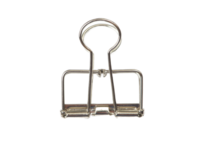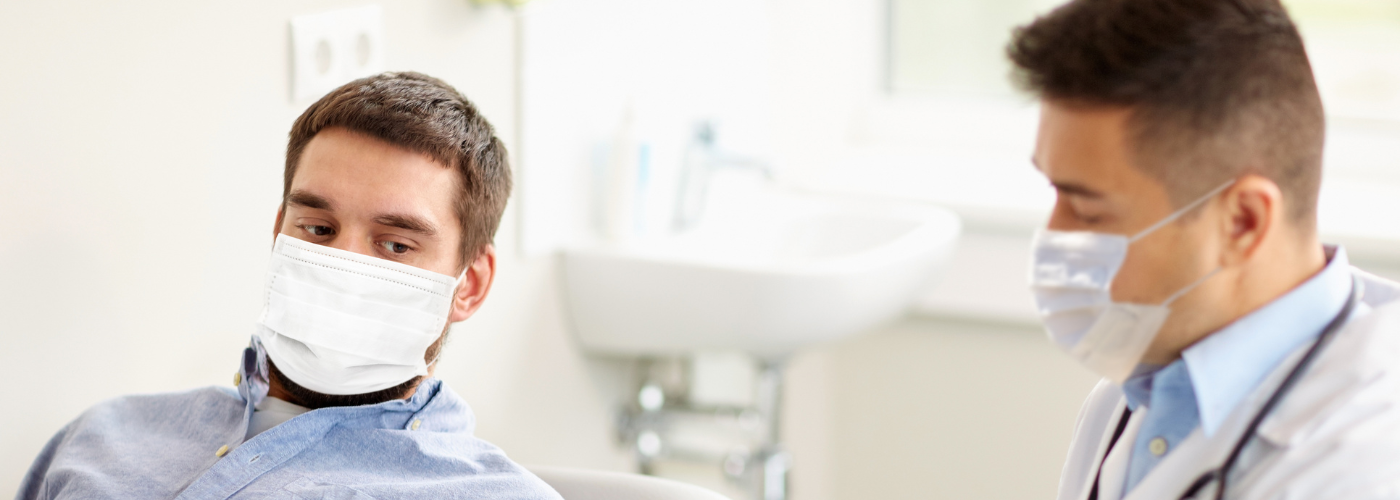

Going to the Doctor in Russian: Useful Vocabulary and Phrases
Being sick away from home, let alone hundreds or thousands of miles across the globe, is one of the biggest cons of traveling. However, this is a reality that you have to prepare for – especially in 2022. And as I discussed in my article How to Stay Safe as a Solo Female Traveler, prepping yourself for these types of situations is essential. So today, we’ll discuss vocabulary and phrases for going to the doctor in Russian!
Depending on where you are, seeking healthcare can come in many forms whether it’s having a doctor come to your home, calling an ambulance, or going to the doctor yourself. This guide will help you navigate the process from a Russian language perspective to help you make a doctor’s appointment, talk about your symptoms, and answer any questions from the doctor. Let’s dive in!
Last updated: 8/26/22
Going to the Doctor in Russian: Useful Vocabulary and Phrases

Making an appointment


Scheduling with the Receptionist
Я бы хоте́л(а) попа́сть на приём к врачу́ сего́дня. – I’d like to see a doctor.
Я бы хоте́л(а) записа́ться на приём к врачу́ на 12 часо́в. – I’d like to make a doctor’s appointment.
Я бы хоте́л(а) назна́чить встре́чу с до́ктором ______. – I’d like to see Dr. ______.
If you make an appointment at a clinic and don’t specify the type of doctor you want to see, the receptionist will likely ask you “К кому?” This isn’t necessarily referring to a specific person, but rather the field of medicine so they can get you the right care. Here are some examples of different types of doctors in Russian:
- Physician, therapist – Терапе́вт
- Cardiologist – Кардио́лог
- Dentist – Стомато́лог
- Dermatologist – Дермато́лог
- Family doctor – Семе́йный врач (ле́чащий врач)
- Gastroenterologist – Гастроэнтеролог
- Gynecologist – Гинеко́лог
- Psychiatrist – Психиа́тр
- Ophthalmologist – Окули́ст, офтальмо́лог
- Orthopedist – Ортопе́д
- Otolaryngologist (ENT) – О́толаринго́лог
- Pediatrician – Педиа́тр
- Psychiatrist – Психиа́тр
- Surgeon – Хиру́рг
- Traumatologist – Травмато́лог
Note: When you answer, be sure to put the name into the dative case! К кому? Нп. If you want to see a general physician (терапефт), you would say “К терапевту.” Not sure why? Check out my Guide to the Dative Case!
For more medical job titles in Russian, see my article 500+ Career And Job Names In Russian.
Questions and answers – Receptionist
- Is it urgent? – Это сро́чно?
- When do you want to come in? – Когда́ Вы хоти́те прийти́?
- Which day and what time do you want to see a doctor? – В како́й день и вре́мя вы хоти́те посети́ть врача́?
- How about next Tuesday? There’s a spot at 8 o’clock. – Как насчет сле́дующего вто́рника? Есть ме́сто в 8 часо́в. Вы бы хоте́ли прийти́ на это вре́мя?
- I will write you in for 8 o’clock next Friday. – Я запишу́ вас на 8 часо́в в сле́дующую пя́тницу.
Questions and answers – Patient
- I’d like to come in as soon as possible. – Я бы хоте́л(а) прийти́, как мо́жно скоре́е.
- Do you have any doctors who speak English? – У вас есть врачи́, кото́рые говоря́т по-английски?
- Do you have anything available after noon? – Есть ли что́-нибудь свобо́дное после полу́дня?
- When will the doctor be free? – Когда́ врач освободи́тся?





Checking in, Symptoms and Examination
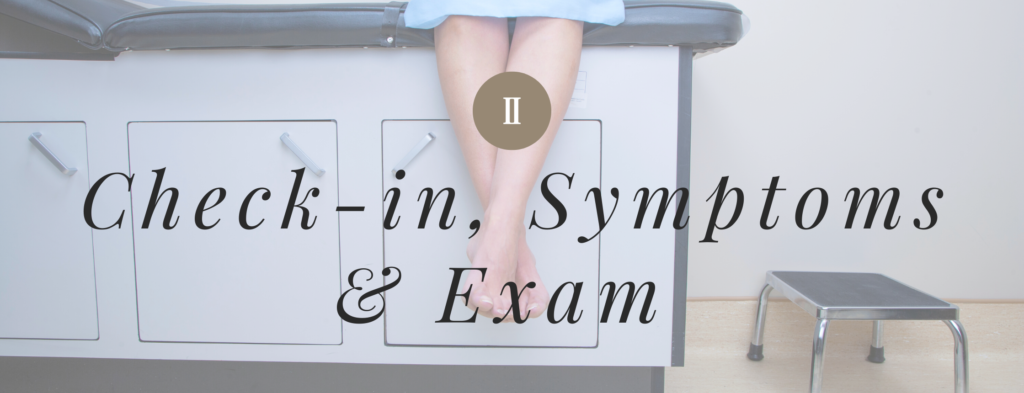

Checking in for your appointment
Do you have an appointment? – У вас назна́чено?
I have the appointment at four o’clock – У меня́ назна́чен приём на четы́ре ча́са. / Я запи́сан(а) на четы́ре ча́са.
Wait in the waiting room, please. – Подожди́те в приёмной, пожа́луйста.
Take a seat, please. – Сади́тесь, пожа́луйста.
The doctor will see you soon. – Врач ско́ро вас примёт.
The doctor is ready to see you. – Врач готов приня́ть вас сейча́с.
Questions the doctor might ask and responses
- What brings you in today? – С чем вы пришли́ сего́дня?
- What ails you? (Literally: What are you complaining about) – На что жа́луетесь?
- Would you be able to describe your symptoms? – Не могли́ бы вы описа́ть симпто́мы?
- What symptoms do you have? – Каки́е у вас симпто́мы?
- What hurts? – Что у Вас боли́т?
- How long have you been feeling this? – Как до́лго вы себя́ так чу́вствуете?
- When did you first start noticing symptoms? – Когда́ Вы впервы́е заме́тили симпто́мы?
- When did the symptoms first begin? – Когда́ симпто́мы впервы́е появи́лись?
- How long have you been sick? – Как до́лго вы боле́ете?
- Are you on any sort of medication? – Вы принима́ете каки́е-нибу́дь лека́рства?
- Do you have any allergies? – У вас есть аллерги́я на что́-то?
- What have you eaten (drunk)? – Что вы е́ли (пи́ли)?
- Has this happened before? – Тако́е ра́ньше быва́ло?
Describing your symptoms
When talking about symptoms, you can use the following constructions:
У меня + симптом – I have + symptom
- У меня́ высо́кая температу́ра. / У меня́ жар. – I have a high temperature. / I have a fever.
- У меня́ головна́я боль. – I have a headache.
- У меня́ головокруже́ние. – I’m dizzy.
- У меня́ (ре́зкая) боль в ____ (нп. уша́х / спине / в груди / в желу́дке). – I have a (sharp) pain in my ____ (ex. ears, back, chest, stomach).
- У меня́ поно́с / диаре́я. – I have diarrhea.
- У меня́ запо́р. – I’m constipated.
- У меня́ просту́да. – I have a cold.
- У меня́ ка́шель. – I have a cough.
- У меня́ грипп. – I have the flu.
- У меня́ на́сморк. – I have a head cold.
- У меня́ тошнота́. – I’m nauseous.
- У меня́ озно́б. – I have the chills.
- У меня́ рво́та. – I’m throwing up.
- У меня́ сыпь. – I have a rash.
У меня + глагол + часть тела – I have/My + verb + body part
- У меня́ боли́т вот здесь. – It hurts right here.
- У меня́ боли́т го́рло. – I have a sore throat.
- У меня́ боли́т живо́т/желу́док. – I have a stomach ache. / My stomach hurts.
- У меня́ боля́т зу́бы. – My teeth hurt.
- У меня́ перши́т го́рло. – I have a scratchy throat.
- У меня́ кружится голова́. – My head is spinning.
- У меня́ идёт кровь из но́са. – I have a nose bleed.
- У меня́ течёт из но́са / теку́т со́пли. – I have a runny nose.
- У меня́ зало́жен нос. – I have a stuffy nose.
- У меня́ че́шутся глаза́. – My eyes are itchy.
- У меня́ зуди́т ____. – My ____ itches.
В + части тела + глаго́л – In + body part + verb
- В мои́х уша́х звени́т. – My ears are ringing.
- В голове́ мно́го давле́ний. – There’s a lot of pressure in my head.
И други́е:
- Я простуди́лся (-лась). – I’ve caught a cold.
- Я боле́ю. / Я заболе́л. – I’m sick.
- Я пло́хо себя́ чу́вствую. – I feel bad.
- Меня́ тошни́т/тошнилo. – I feel sick. / I’ve been feeling sick.
- Я си́льно поте́ю. – I’m sweating a lot.
- Я всё вре́мя ка́шляю – I’m constantly coughing.
- Я постоя́нно чиха́ю. – I’m constantly sneezing.
- Мне тяжело́ дыша́ть. – It’s hard for me to breathe.
- Мне тяжело́ глота́ть. – It’s hard for me to swallow.
- Я задыха́юсь. – I’m short of breath.
- Меня́ рвёт. – I’m throwing up / I’ve been throwing up.
Doctor’s Examination
Questions from the Doctor and Tests
Let me take a look at (your) _____. – Дайте-ка взгляну́ на _____.
Does it hurt when I press here? – Боли́т, когда́ я нажима́ю здесь?
I am going to measure your blood pressure. – Я изме́рю вам кровяно́е давле́ние.
I am going to take your temperature. – Я изме́рю вам температу́ру.
I am going to measure your pulse. – Я изме́рю вам пульс.
Your blood pressure is . . . – Ва́ше кровяно́е давле́ние . . .
- quite low. – (дово́льно) ни́зкое.
- normal. – норма́льное.
- (very) high. – (о́чень) высо́кое.
Your temperature is . . . – Ва́ша температу́ра . . .
- normal. – норма́льная.
- a bit high – немно́го повы́шенная.
- (very) high. – (о́чень) высо́кая.
You need to have a blood test done. – Вам ну́жно сдать ана́лиз кро́ви.
We need to take a blood sample. – Нам ну́жно взять образе́ц кро́ви.
We need to take a urine sample. – Нам ну́жно взять образе́ц мочи.
I want to send you for an X-ray. – Я хочу́ отпра́вить вас на рентге́н.
I want to send you for an ultrasound. – Я хочу́ отпра́вить вас на УЗИ.
Doctor’s Instructions
Roll up your sleeve. – Заката́йте рука́в.
Lie down over here. – Ложи́тесь сюда́.
Strip to the waist. – Разде́ньтесь до пояса.
Undress, please. – Сними́те оде́жду, пожа́луйста.
Open your mouth. – Откро́йте рот.
Stick out your tongue. – Покажи́те язы́к.
Turn around. – Поверни́тесь спино́й.
Cough. – Пока́шляйте.
Take a deep breath in. – Сде́лайте глубо́кий вдох. / Вздохни́те глубоко.
Breathe out (slowly). – Вы́дохните (ме́дленно).
Put on your clothes. – Одева́йтесь.





Diagnosis & Treatment


Diagnoses
You have (a/an/the) . . . – У вас . . .
- ear infection. – ушна́я инфе́кция
- flu – грипп.
- cold – просту́да
- pneumonia – пневмони́я
- tonsillitis – тонзилли́т
- bronchitis – бронхи́т
- indigestion – расстро́йство желу́дка
- ulcer – я́зва
- appendicitis – аппендици́т
- hepatitis – гепати́т
- asthma – а́стма
- diabetes – диабе́т
- concussion – сотрясе́ние (мо́зга)
Treatment
I am going to prescribe you . . . Я пропишу́ / назна́чу вам . . .
- Antibiotics – антибио́тики
- Cough syrup – сиро́п от ка́шля
- Rash cream – крем от сы́пи
- Eye drops – глазны́е ка́пли
- Antiviral tablets – противови́русные табле́тки
- Antihistamines – антигистаминные препара́ты
Take – Принима́йте
- one tablet / two tablets – по одно́й табле́тке / по две табле́тки
- one time / two times / three times a day – оди́н раз / два ра́за / три ра́за в день
- че́рез ка́ждые два ча́са – every two hours
- over the course of two weeks – в тече́ние двух неде́ль
- at the same time (each day) – в одно́ и то же вре́мя
- before eating / after eating – до еды́ / после еды́
Take this prescription to the chemist/drug store. – Отнеси́те э́тот реце́пт в апте́ку.
Take one tea/table spoon. – Принима́йте по одно́й ча́йной/столо́вой ложке.
Drip the drops into the eyes / ear. – Зака́пайте ка́пли в глаза / у́хо.
You need a few stitches. – Ну́жно бу́дет наложи́ть швы.
I am going to give you a shot. – Я сде́лаю вам уко́л.
You need an IV. – Вам ну́жно поста́вить ка́пельницу.
When will the test results come in? – Когда́ приду́т результа́ты ана́лизов?
I want you to see a specialist. – Я хочу́, что́бы вы посети́ли специали́ста.





More Resources for Seeing a Doctor in Russian
I hope you’re never in a position where you’ll need to use this language guide, but in case you do, I hope the sentences and vocabulary for visiting a doctor in Russian above help you! Being prepared for situations like this are very important if you’re planning on traveling and putting your Russian language skills to the test.
Any questions? Leave them in the comments below!
Learn to speak russian
Travel with ease & dive into the culture, history & lifestyle of post-Soviet countries
free russian learning materials

Melissa

Get the Goods
Head over to the Language & Travel Shop to check out my favorite goodies I use for learning Russian and traveling! I've compiled all my favorite products I use when #onthebloc so that you can benefit from them when you travel abroad. Help yourself prepare and support this blog at the same time :) Счастливого пути!
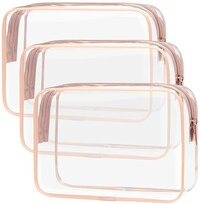



carry-on goods
gifts for travelers
photography
apparel & accessories
textbooks & readers
luggage & bags
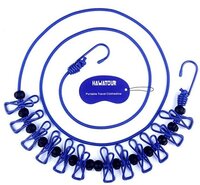
categories
#oTB essentials
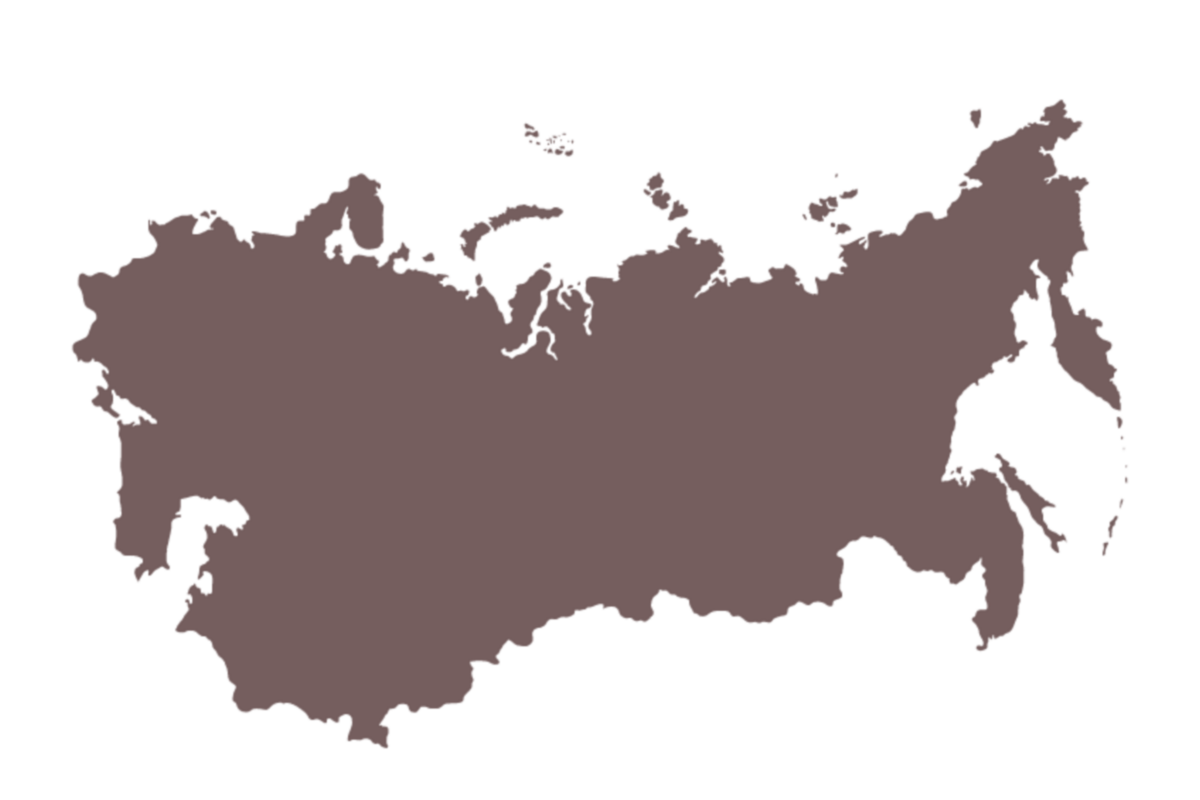
Russian-Speaking Travel Destinations
use your new russian skills in real life!

Belarus
EASTERN EUROPE
central Asia
central Asia





Eurasia
Russia
Kyrgyzstan
armenia
Moldova
Kazakhstan
eastern europe
read »
read »
read »
read »
read »
read »
The caucasus
travel guides
Get your FREE #OnTheBloc Starter Kit!
Sign up for the NGB Monthly Newsletter & you'll get a FREE downloadable PDF with Russian language and travel resources for your post-Soviet journey!
оставаться на связи

